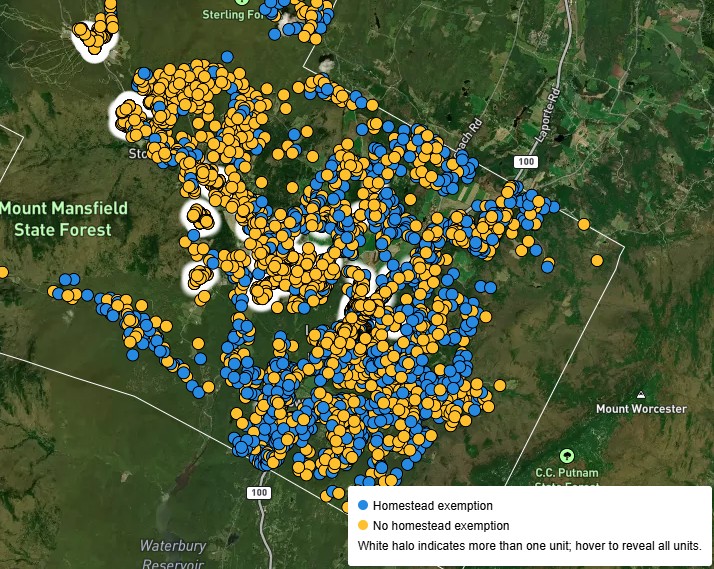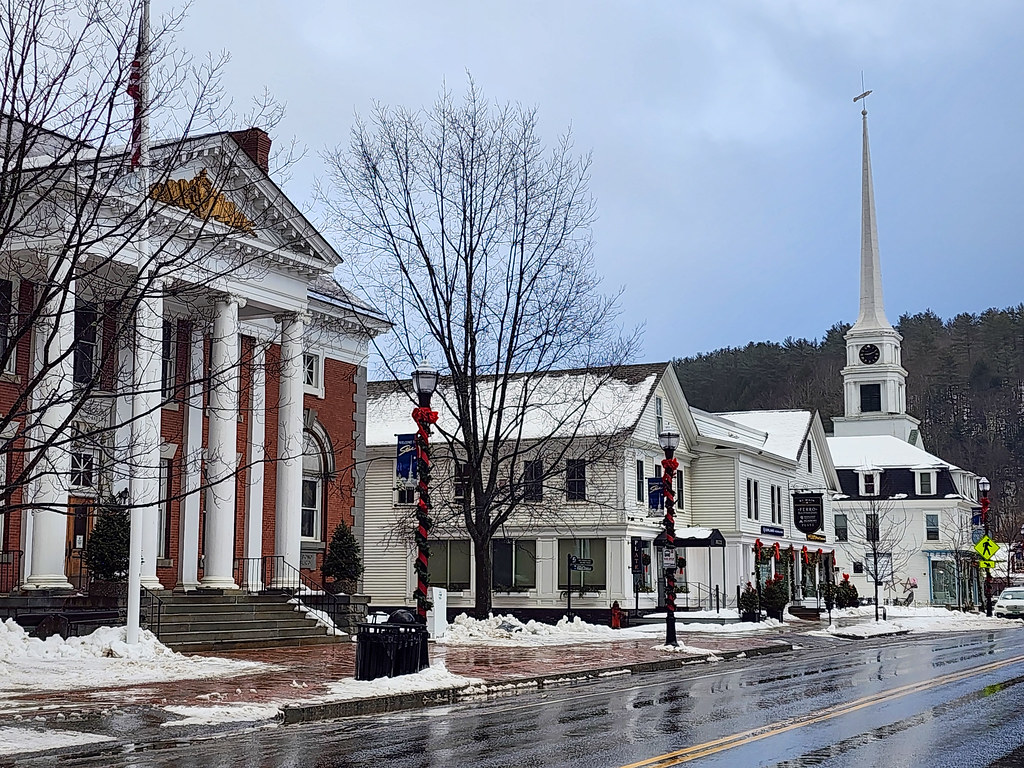CommunityScale completed a housing needs assessment for the Town of Stowe, VT as the culminating deliverable of a 12-month planning process led by the Stowe Housing Task Force. The Stowe Selectboard approved the report along with a revised mandate for the Housing Task Force to begin a new phase of work implementing our findings and recommendations. JM Goldson supported our team by leading an interactive and very well-attended community workshop midway through the process.
View full study results on the project dashboard and within the final report.
The project included an extensive assessment of housing needs and inventory, including a focus on the second home and short-term rental market which has contributed to very high housing costs. The team also analyzed the employment landscape to gauge how housing unaffordability impacts local agencies and businesses’ ability to staff the essential jobs that keep the community and economy going, such as town services, restaurants, and hospitality. Additionally, the project incorporated the latest legislative changes at the state level which have incrementally removed barriers and added initiatives to promote more and faster housing production across the state.
Online and in-person community engagement provided residents and stakeholders a chance to participate in the process and share insights and ideas that contributed to the final report.
This article in the Stowe Reporter summarizes the Town’s anticipated next steps toward implementing the study’s recommendations.

Project recommendations
The report recommends an “all of the above” range of strategies that the Town should pursue in parallel to address its housing challenges from multiple angles, including:
Vision: Clarify the Town’s housing vision and define what the community wants where for more predictability.
Zoning: Modify regulations to promote density, infill, and attainable housing where contextually appropriate.
Revenue: Introduce revenue sources to help finance affordable housing.
Housing reserve fund: Establish and contribute local property tax dollars to a housing reserve fund.
Housing trust: Support an existing housing trust and/or the creation of a new non-profit housing trust.
Workforce: Develop programs to promote more workforce housing.
Manage the short-term rental supply: Control the number allowed, manage allocation of new registrations, and restrict registration transfers.
Public land: Develop town-owned land as affordable or mixed-income housing with conditions.
TIF: Establish Tax Increment Financing opportunities to catalyze mixed-income housing development.
Capacity: Supplement Town staffing and resourcing in line with establishment of new policies and programs.
Advocate: Lobbying the State House to support ongoing statewide housing reform but also to highlight Stowe’s unique circumstances and constraints.
